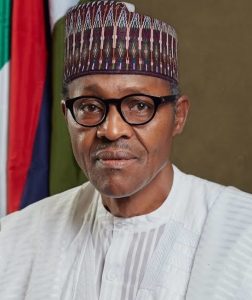
By Habibat Aliu
The International Monetary Fund (IMF) says the Central Bank of Nigeria’s financing of the country’s fiscal deficit complicates its fight against inflation.
IMF’s Resident Representative for Nigeria, Ari Aisen, said this during a panel discussion at the 28th Nigerian Economic Summit (NES#28) themed ‘2023 and Beyond: Priorities for Shared Prosperity, in Abuja.
Aisen’s comment comes on the same day the National Bureau of Statistics (NBS) announced that Nigeria’s inflation rate had jumped to 21.09 percent in October 2022.
According to her, shocks and recent domestic shocks such as flooding which affected food prices, make it increasingly difficult for the central bank to control inflation.
Asked to make recommendations for strengthening the monetary policy framework, Aisen said: “The recent hike in interest rates by 400 basis points and trying to control inflation is already an important aspect of monetary policy. It’s what central banks typically like to do.”
“The problem is that if you do this but on the other hand, you try to accomplish the other objectives which include supporting agriculture, and supporting growth, it tends to create a dichotomy whereby liquidity increases. Then, it may not be very simple to mop up that extra liquidity that is injected.
“Also, the fiscal deficit is very large and the statutory limit by the CBN act of 5 percent of prospective input of maximum financing should be respected. Otherwise, the financing through money creation will be inflationary. You all know about the ‘ways and means that have accumulated over several years now.
“Hopefully, there is a solution for the past but going forward, that modus operandi whereby the central bank is financing deficit is going to complicate things in terms of inflation fighting.
“So I think, just to conclude on these thoughts, there should be more clarity on the primacy of price stability, getting support from other policies to achieve the central bank’s secondary goal of growth, and development, which are legitimate goals of the country, and focus on spacing out some of the lendings through the banking system that is expending liquidity that is difficult to mop up.”








